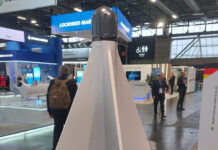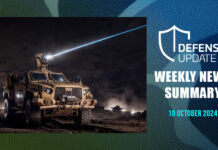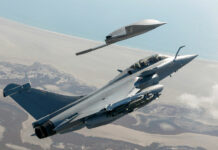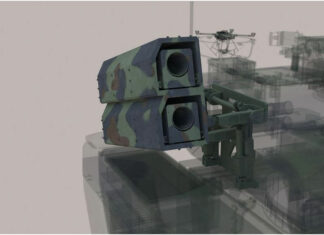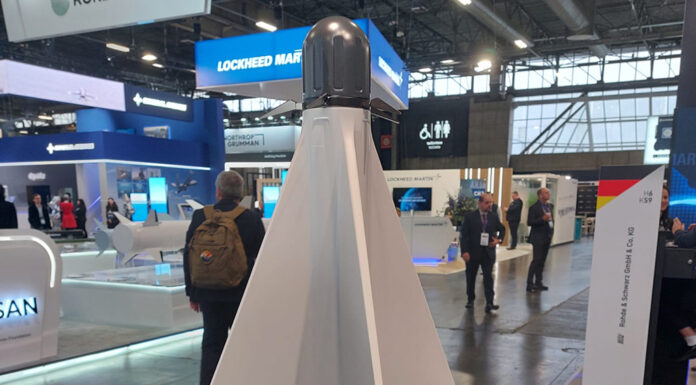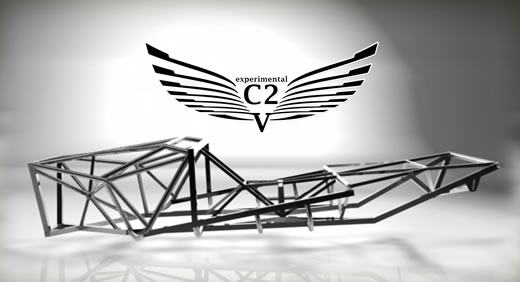
DARPA has announced a new ‘challenge’ for the development of a concept vehicle utilizing flexible and innovative manufacturing, enabling the military to rapidly adapt to changing battlefield requirements. Past DARPA challenges addressed autonomous mobility in open and urban terrain, development of armor protection systems and the development of lean manufacturing technologies.
The new challenge is a design challenge, addressing the long, complex and expensive development cycle of combat vehicles. Unlike past challenges seeking to demonstrate the innovation in real-world scenario, the current challenge is about ideas – improving traditional development with concepts derived seeking ideas for more efficient and effective combat vehicles leveraging the ‘power of the crowd’. The Experimental Crowd-derived Combat-support Vehicle (XC2V) is a design Challenge, facilitated by Local Motors, Inc. It asks individuals to conceptualize a vehicle body design for two different missions – Combat Reconnaissance and Combat Delivery & Evacuation.

DARPA would like to see contribution of ideas and initiatives from service members, race and auto enthusiasts, and those with an interest and talent in engineering, materials, industrial design, etc. Final submissions are due March 3, 2011. The winning ideas will be transformed into fully functioning concept vehicles and the winners will also be rewarded with up to $7,500 in prizes. The challenge site is available at http://www.local-motors.com/XC2V.
Competitors are required to design a functioning, buildable body that will be able to fit on the Rally Fighter’, a tubular steel chassis, built by Local Motors, coupled to a GM LS3 V8 powertrain to be used as the baseline for all contest vehicles. This chassis offers light, yet very rigid and strong chassis, providing the speed, maneuverability and responsiveness over rough terrain. The overall concept is to focus on fast and agile vehicle, rather than heavy and highly protected platform. “Fast, lightweight, highly capable vehicle will make speed and agility its two centers of gravity.” Local Motors communiqué explain.
“This will allow it to be easily deployed through rough ground corridors or via airdrops into inaccessible regions for example, and the vehicle’s drivers will rely on its speed and agility to get into and out of life threatening situations quickly in order to conduct their missions. An armed scout vehicle configured as a ‘recce fighter’ would be equipped sensor package for day/night observation and targeting, and would rely on speed, rough terrain capability, and low noise and visual signature to move around the battlefield. Other missions suggested for the new platform include combat delivery and evacuation, as well as non-combat evacuation and support in disaster recovery missions.

